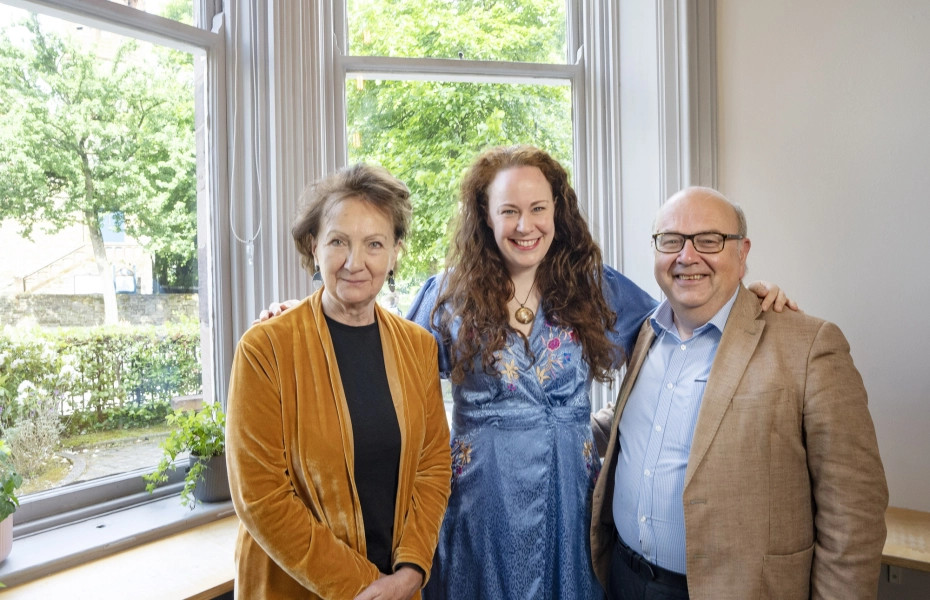The Arts Council of Northern Ireland has invested National Lottery Funding, along with funding from the Baring Foundation, to announce details of a three-year Mental Health and Arts Programme.
Artists, arts groups and representatives from mental health organisations, gathered at a special event in the Crescent Arts Centre in Belfast to hear about the new £600,000 programme of investment.
The initiative has three strands:
- It will provide tailored training and support for artists to improve their own mental health
- It will offer specialist training and upskilling for artists who work in the field of mental health
- It will benefit wider groups in society, by providing funding that will pair artists with organisations, specialising in mental health work, in order to develop bespoke community arts programmes for vulnerable groups.
Northern Ireland has the highest rate of poor mental health across the UK¹. This investment programme has been established to improve the mental health of artists and arts participants. It follows recent research by the Arts Council which shows that artists suffer particularly poor mental health, when compared to the rest of society².
It’s the Arts Council’s mission to develop and champion the arts through investment, as set out in its 10 Year Strategy for the Arts (artscouncil-ni.org/strategy), launched earlier this month. In particular this National Lottery investment will help achieve Outcome 2 ‘A sector that develops, looks after its people, and is more inclusive’ and Priority 3 ‘We will create the conditions to grow artistic talent and develop the wider arts workforce’.
Speaking at the launch, Roisín McDonough, Chief Executive of the Arts Council of Northern Ireland, explained how the new Mental Health and Arts programme is one example of how they will do this. She said:
“We know that the arts can play a significant role in helping to promote good mental health across all of society but if we are to expand upon those benefits, as the arts become increasingly integrated into the work of mental healthcare provision, we must ensure we are also looking after those tasked with delivering these interventions, starting first with supporting and upskilling our own artists.
“Some of our best creative talent, such as our theatre companies, musicians and visual artists, are already engaged with local communities and healthcare organisations, delivering a wide range of programmes for vulnerable groups. Through this new Mental Health and Arts Programme, we can look forward to growing that work over the next three years, building not only a more resilient sector but the funding to support a host of new arts-based projects within the mental health and wellbeing arena.”


